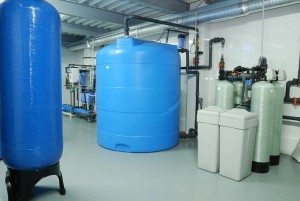
We regularly conduct water quality assessment to measure concentration of the constituents in quantity for characterization of water for different uses. The Bureau of Indian Standards (BIS) has defined different purification levels of water for different uses and our company follows strict guidelines set up by the BIS. We have experienced teams working in different laboratories at multiple locations serving various clients by offering them the best of our services. Our labs are state-of-the-art are equipped with the latest instruments and are at par with global standards. Our laboratory has been ranked amongst the top 5 in the country and is NABL accredited and approved by FSSAI and BIS amongst other reputed organizations. We have provision for testing water for food processing (IS: 4251).
The term ‘water quality’ is used to refer to the physical, chemical and biological characteristics of water. Parameters of water quality are a measure of the condition of water relative to the requirements of one or more biotic species and/or to any human need or purpose. It is most frequently used by reference to a set of standards against which compliance can be assessed. The most common standards used to assess water quality relate to health of ecosystems, safety of human contact and drinking water.
The Indian Standards: Water for Food Processing Industry (IS: 4251; 1967 Reaffirmed 2004) specifies that the water should comply with bacteriological, physical, chemical and radioactivity tolerance limits. The various other parameters that the water has to comply with include pH, color, odour, taste, turbidity, total dissolved solids. General chemical parameters include ammonia nitrogen, anionic surface active agents, total hardness, alkalinity, residual free chlorine & chloramines, various metallic and non-metal ions, total solids and mineral oil. The water has to be tested for toxic substances such as pesticide residues, polychlorinated biphenyls and polyaromatic hydrocarbons. The various testing methods used for water for food processing include standard plate count, proteolytic plate count, lipolytic plate count, test for coliform bacteria etc.

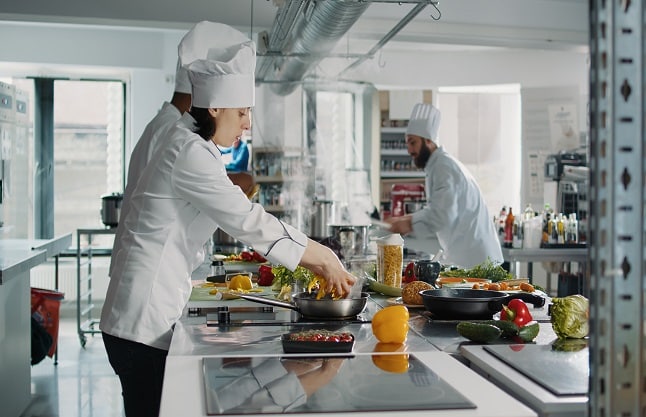
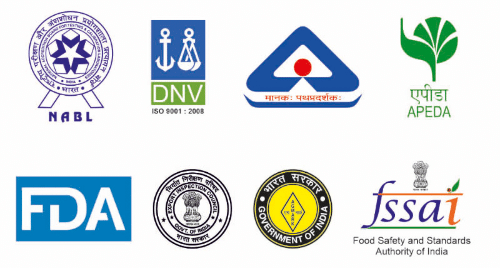
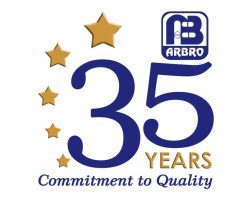
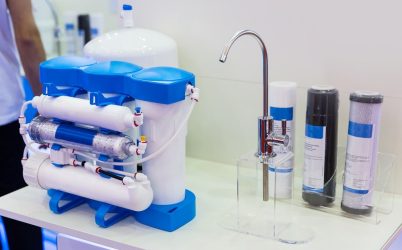
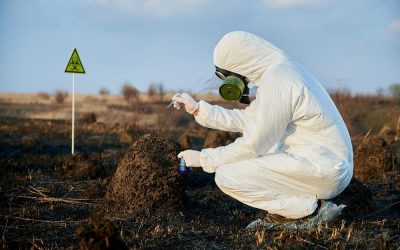
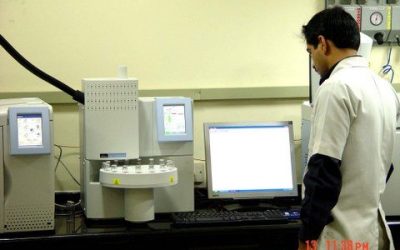
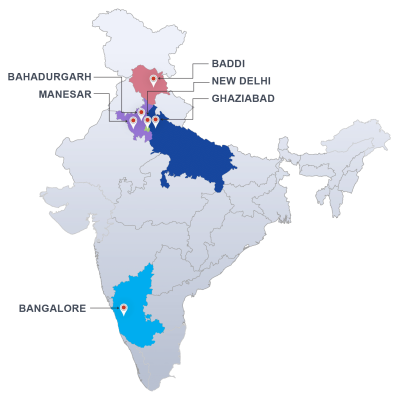
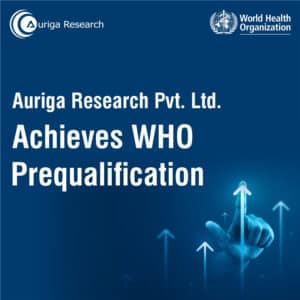
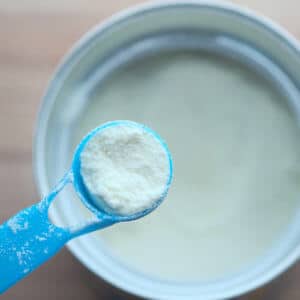
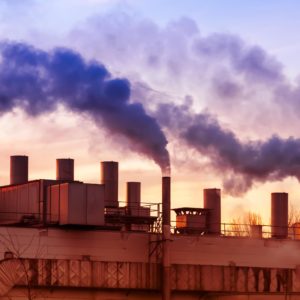
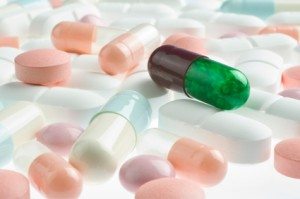
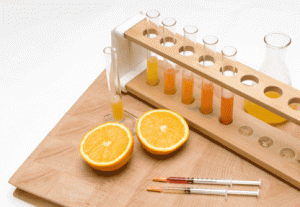
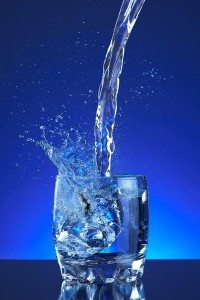
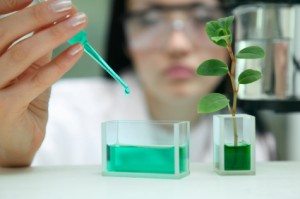

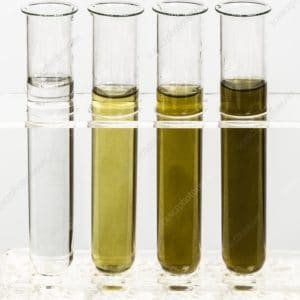
2 Responses
Dear Sir/Madam,
I shall be thankful if you could provide me the quality of water (parameters and their desired limits as per FSSAI) required for food processing industries.
With kind regards,
Sandip Ghosh
Dear Sandip,
The quality of water for food processing, as per FSSAI, necessitates adherence to specific parameters. Microbiologically, water should have a Total Plate Count < 100 CFU/ml, absence of Coliforms and E. coli in 100 ml, and no Salmonella in 25 ml. Physically, it should be clear, colorless, odorless, with turbidity < 5 NTU, and temperature < 20°C. Chemically, pH should range from 6.5 to 8.5, TDS < 500 mg/l, and limits for various ions and heavy metals. Pesticide residues must be absent. Regular monitoring and treatment ensure water quality aligns with these standards, crucial for safe food production.